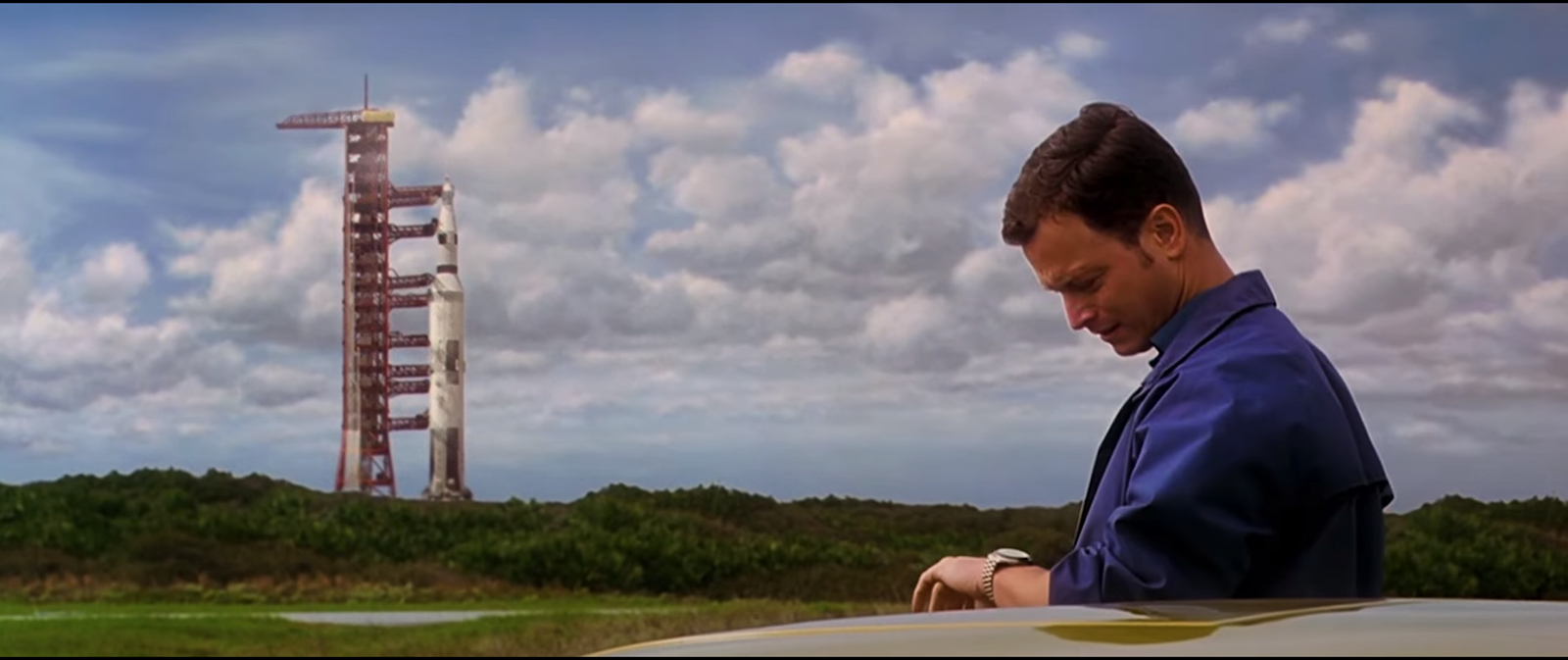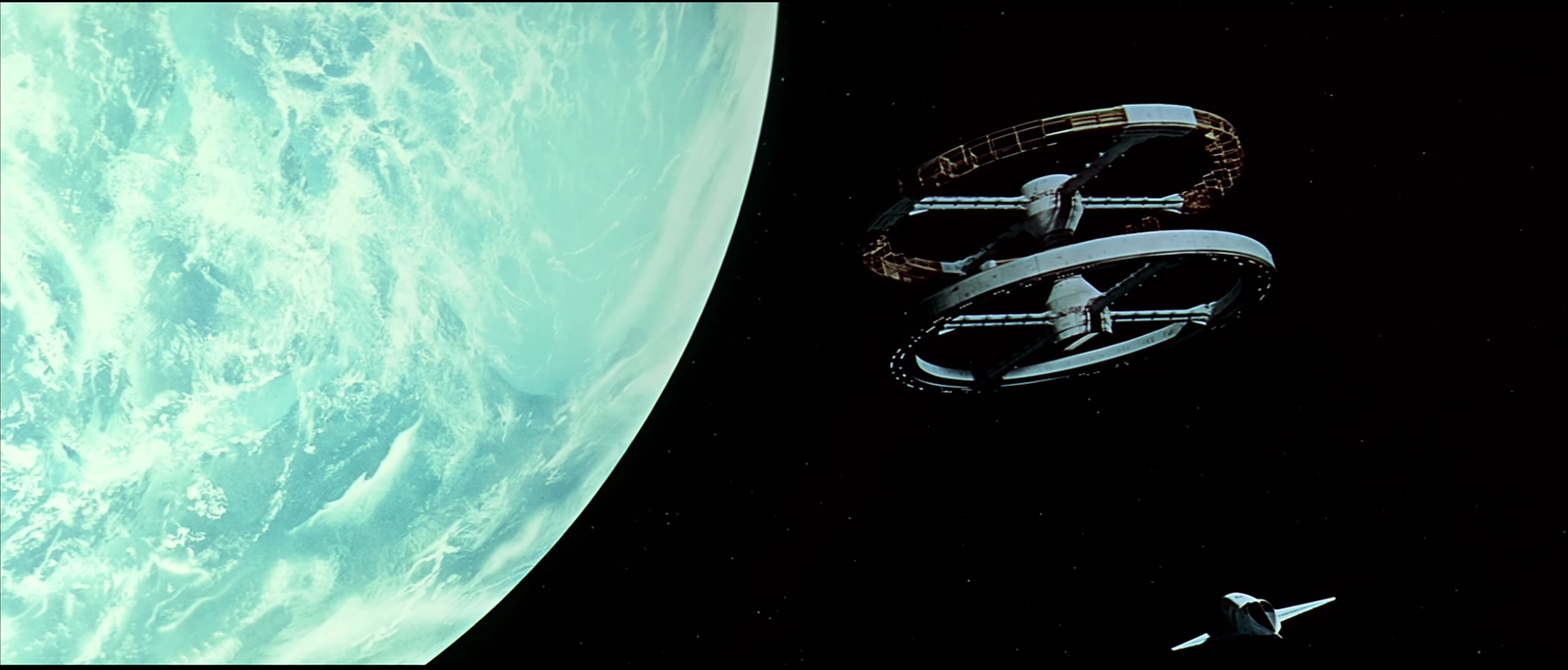How Space Captivates the Silver Screen
 Apollo 13 (1995)
Apollo 13 (1995)
In the vast expanse of the cosmos, humanity has found endless fascination and inspiration. From the shimmering stars to the enigmatic depths of black holes, the mysteries of space have captivated our imagination for centuries. This cosmic allure has transcended into the realm of cinema, where filmmakers have utilized the infinite possibilities of space to create compelling narratives that resonate with audiences worldwide.
Space, with its boundless frontier and infinite possibilities, serves as the perfect backdrop for storytelling in movies. Whether it’s the awe-inspiring beauty of distant galaxies, the perilous journey of astronauts exploring uncharted territories, or the existential questions posed by the vastness of the universe, space provides filmmakers with a canvas upon which they can paint rich and captivating narratives.
 2001: A Space Odyssey (1968)
2001: A Space Odyssey (1968)
One of the most notable ways in which space influences movies is through its ability to evoke a sense of wonder and awe. Films like “2001: A Space Odyssey” and “Interstellar” transport viewers to breathtaking worlds beyond our own, immersing them in visually stunning landscapes and mind-bending concepts that challenge the very fabric of reality. By showcasing the beauty and grandeur of the cosmos, these films inspire audiences to contemplate the mysteries of the universe and our place within it.
 The Martian (2015)
The Martian (2015)
Moreover, space serves as a metaphor for exploration and discovery, reflecting humanity’s innate curiosity and thirst for knowledge. Movies such as “The Martian” and “Apollo 13” celebrate the indomitable spirit of exploration, highlighting the bravery and resilience of those who venture into the unknown in search of answers. Through these stories, filmmakers pay homage to the pioneers of space exploration and remind us of the boundless potential of human ingenuity and perseverance.
 Gravity (2013)
Gravity (2013)
However, space is not merely a backdrop for adventure and exploration; it also serves as a catalyst for introspection and contemplation. Films like “Gravity” and “Solaris” delve into the psychological and existential implications of space travel, exploring themes of isolation, mortality, and the fragility of human existence. By confronting us with the vastness and emptiness of the cosmos, these movies challenge us to confront our own fears and uncertainties, prompting profound reflections on the nature of life, death, and the universe itself.
 Solaris (2002)
Solaris (2002)
In addition to its thematic significance, space also offers filmmakers a wealth of creative opportunities to push the boundaries of visual storytelling. Advances in technology have enabled filmmakers to create breathtakingly realistic depictions of space travel and extraterrestrial landscapes, immersing audiences in worlds that were once confined to the realm of imagination. Whether it’s through stunning CGI effects or innovative cinematography techniques, filmmakers continue to push the boundaries of what is possible, transporting viewers to new and uncharted territories with each new cinematic masterpiece.
 Interstellar (2014)
Interstellar (2014)
In conclusion, the influence of space on movies is undeniable. From its ability to evoke a sense of wonder and awe to its capacity for exploration and introspection, space serves as a rich source of inspiration for filmmakers seeking to push the boundaries of storytelling. As technology continues to advance and our understanding of the cosmos deepens, one thing is certain: the cosmic allure of space will continue to captivate audiences for generations to come, inspiring us to dream of worlds beyond our own and explore the infinite possibilities of the universe.
